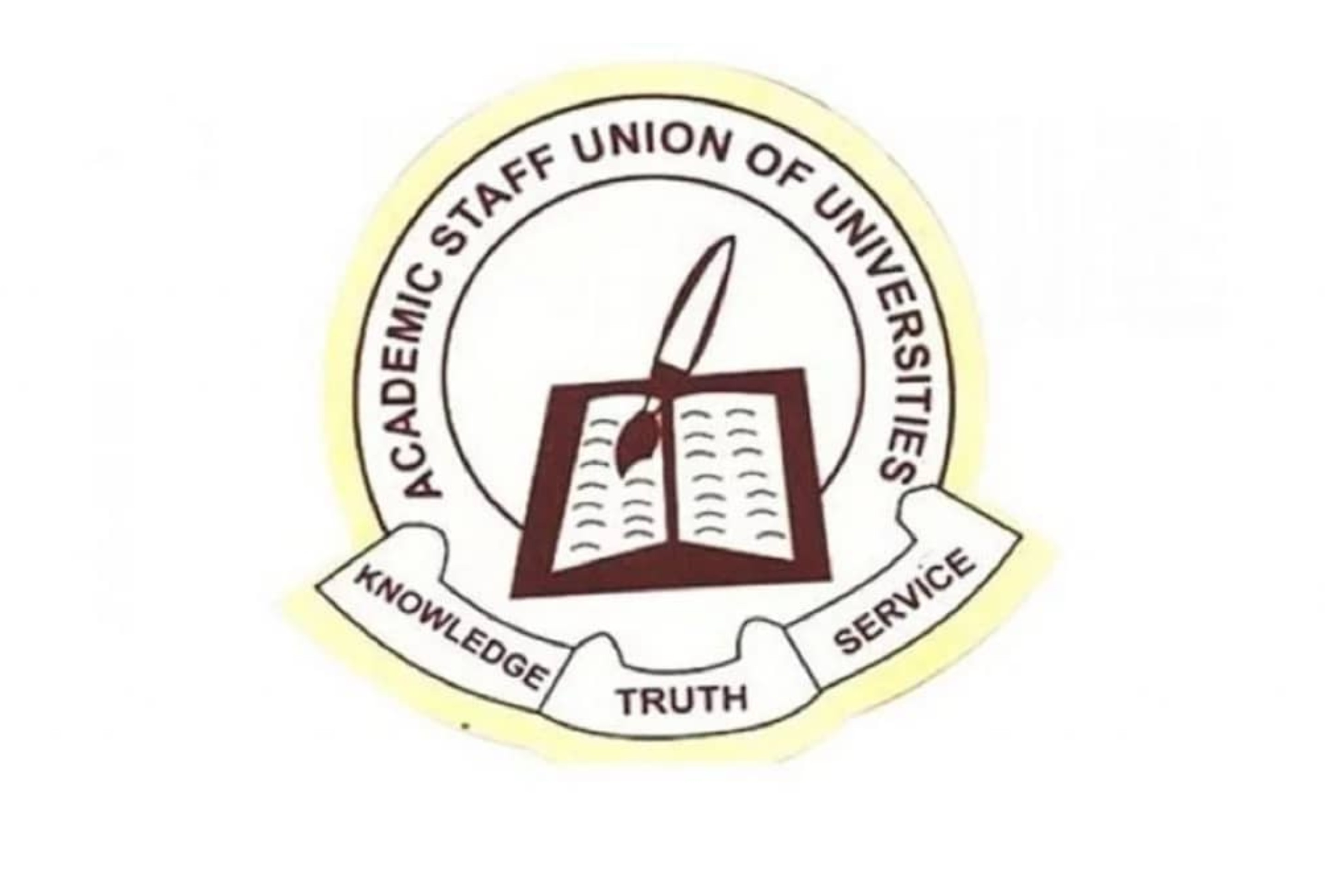News
N11trn Electricity Fraud Allegation Infuriates Jonathan
Former President, Dr Goodluck Jonathan, has reacted to the report that he was among the past leaders who wasted over N11trillion on almost non-existent electricity generation and supply to millions of Nigerians.
It would be recalled that the Socio-Economic Rights and Accountability Project (SERAP), had last Wednesday, disclosed how over N11trillion meant for the provision of electricity supply was allegedly squandered in the 16 years of the administrations of former Presidents Olusegun Obasanjo, Umaru Musa Yar’Adua and Goodluck Jonathan.
SERAP had claimed that corruption in the electricity sector started during the administration of Obasanjo in 1999.
But Jonathan, while reacting to the claim through his former aide on new media, Reno Omokri, described the report as false and baseless.
He said the story was false, describing it as the fruit of the laziness of the researchers who could have taken advantage of the Freedom of Information Act that Jonathan signed into law in May, 2011, to extract right information on the electricity sector expenditure over the period under review.
The former president’s statement reads: “My attention has been drawn to the story, ‘Obasanjo, Yar’Adua, Jonathan wasted N11trillion on electricity –SERAP’, published most prominently in The Punch newspapers on August 10, 2017, and less prominently in other papers.
“While I cannot speak for others, I can certainly say that as touching former President Goodluck Jonathan, the story is false, and is the fruit of the laziness of the researchers who could have taken advantage of the Freedom of Information Act that Jonathan signed into law in May, 2011 to get records and data from relevant government ministries, departments and agencies that would have given them a fuller picture instead of the narrow view they have.
“Former President,Goodluck Jonathan could not have wasted N11 trillion or any other amounts of money for the simple reason that he was the Nigerian president who privatised the power sector beginning on August 26, 2010, when he launched the roadmap to power sector reforms, and culminating on October 16, 2012, when the winning bids were announced for the sale of power generating and distributing companies.
“SERAP may do well to remember that on Monday, the 30th of September, 2013, at the Aso Rock Presidential Villa, former President Jonathan successfully handed over the bulk of Nigeria’s power infrastructure to successful private sector bidders after they had made payments for the assets they acquired.
“At that event, he said ‘I congratulate our new owners who have taken over the engines and cables that are expected to drive not just the electricity industry but also the socio-economic wellbeing of the nation’.
“In total, the Power Holding Company of Nigeria (PHCN) was split into six generation and 11 distribution firms, all sold separately, for about $2.5billion for which the Jonathan administration received much deserved praise.
“In fact, rather than wasting money, the Jonathan administration generated money for the federation from the sale of these assets which were seen to be transparent and followed global best practices.
“Between May 6, 2010, when he was first sworn in as president to May 29, 2015, when he handed over power, the budget for the Ministry of Power under Jonathan was not up to N400 billion in total for the simple reason that his administration had succeeded in transferring most of Nigeria’s power assets, liabilities and personnel from the public sector to the private sector.
“As such, it is evidently clear that any allegation that the Jonathan government wasted trillions is not a well thought-out allegation at best, and is a figment of the imagination of the makers at worse”.
“I do hope those papers which published this false report against the person of former president Jonathan and the administration that he led will be honourable enough to set the records straight for posterity,” the statement added.
News
Over 1,500 RSU Students Apply For Education Loan

News
EFCC, Immigration Repatriate 51 Foreign Cybercrime Convicts

The Economic and Financial Crimes Commission (EFCC) and the Nigerian Immigration Service have repatriated 51 more foreign nationals convicted for cyber-terrorism and internet fraud.
The latest group of deportees, according to a statement by the EFCC, yesterday, includes 50 Chinese nationals and one Tunisian.
The repatriation, which took place yesterday, brings the total number of convicted foreign nationals deported in the ongoing exercise to 102 since its commencement on Friday, August 15, 2025.
These convicts were among the 192 foreign nationals apprehended during a recent sting operation conducted by the Commission in Lagos.
The operation followed actionable intelligence regarding the activities of one of the largest foreign-led cybercrime syndicates operating within Nigeria.
The EFCC statement read, “This exercise demonstrates our unwavering commitment to ensuring that Nigeria is not a safe haven for international criminals.
“The successful conviction and repatriation of these individuals send a clear message: we will not tolerate the use of our nation’s digital space for illicit activities that undermine our economy and national security.”
The Commission stated that further deportations are scheduled to take place in the coming days as the exercise continues.
NELFUND To Stop Students’ Upkeep Loans During Holiday
The Nigerian Education Loan Fund (NELFUND) says the upkeep loan disbursement is now strictly tied to the academic session of each institution.
NELFUND made this known yesterday in a statement signed by its Director of Corporate Communications, Oseyemi Oluwatuyi.
“In line with this directive, students shall only be entitled to upkeep loans for their current academic session. Upon the conclusion of an institution’s academic year, upkeep payments for that session shall automatically cease.
“Consequently, students who transition into a new academic year will no longer receive upkeep disbursements for the preceding session,” Oluwatuyi said in the statement.
NELFUND further stated that interested loan applicants are required to apply for the loan at the beginning of every academic session to be eligible for both institutional charges and upkeep for that particular session.
“To ensure accuracy and transparency, the NELFUND loan portal is being automated to reflect this adjustment. The portal will henceforth display only the upkeep loans that have been collected by each student within the relevant session.
“Institutions are therefore strongly advised to upload their academic calendars and sessional information in a timely manner to guarantee that their students receive the full upkeep benefits due to them for an entire academic year,” he stated.
Apart from institutional loans disbursed directly to institutions, beneficiaries of the student loan scheme enjoy monthly disbursement of N20,000 which amounts to N240,000 yearly.
With the new directive, students will only enjoy the monthly N20,000 during academic session while payment will be ceased when students embark on holidays.
News
ASUU Threatens Fresh Strike, Rejects FG’s Loan Scheme

-
Business2 days ago
Bayelsa Recommits To Agro-Economy Diversification … As Delegation Rounds-Off Rwandan Tour
-
Niger Delta2 days ago
Oborevwori Pledges Commitment To Renewable Energy Investments In Delta … As Delta Signs MoU With REA
-
Politics2 days ago
Rivers APC Chairmanship Candidates Hail Tinubu, Yilwatda Over By-Election Victory
-
Business2 days ago
Shippers Council Seeks collaboration Against Stowaways
-

 News2 days ago
News2 days agoOver 1,500 RSU Students Apply For Education Loan
-
Politics2 days ago
PDP Drags Osun Federal Lawmakers To Court Over Defection To APC
-
Business2 days ago
FG Commits To Building Modern Maritime Sector
-
Politics2 days ago
Benue Assembly Resolution: Alia Suspends SUBEB Boss, Others

